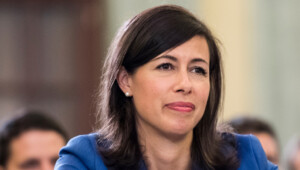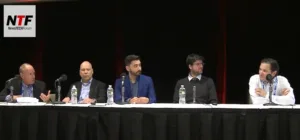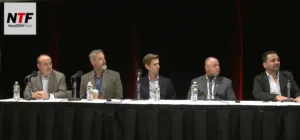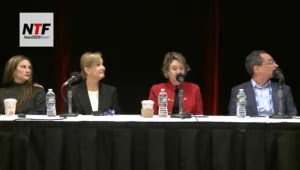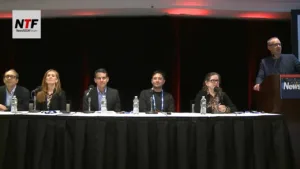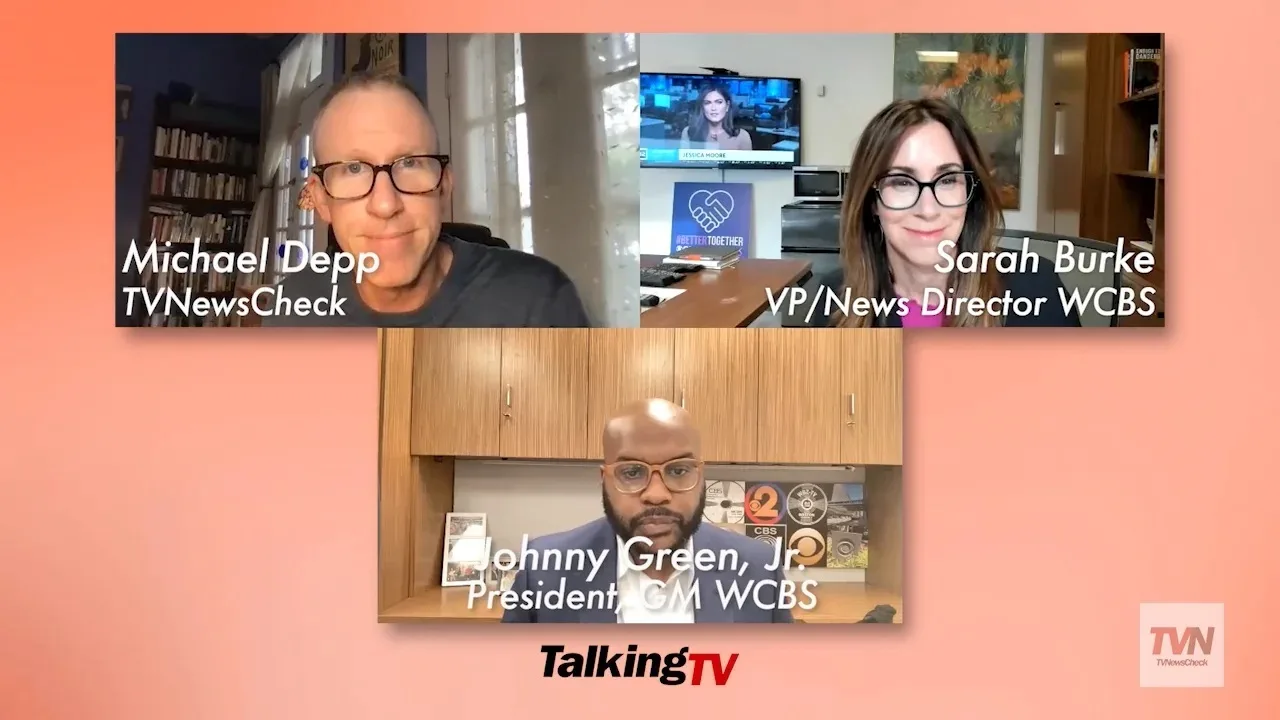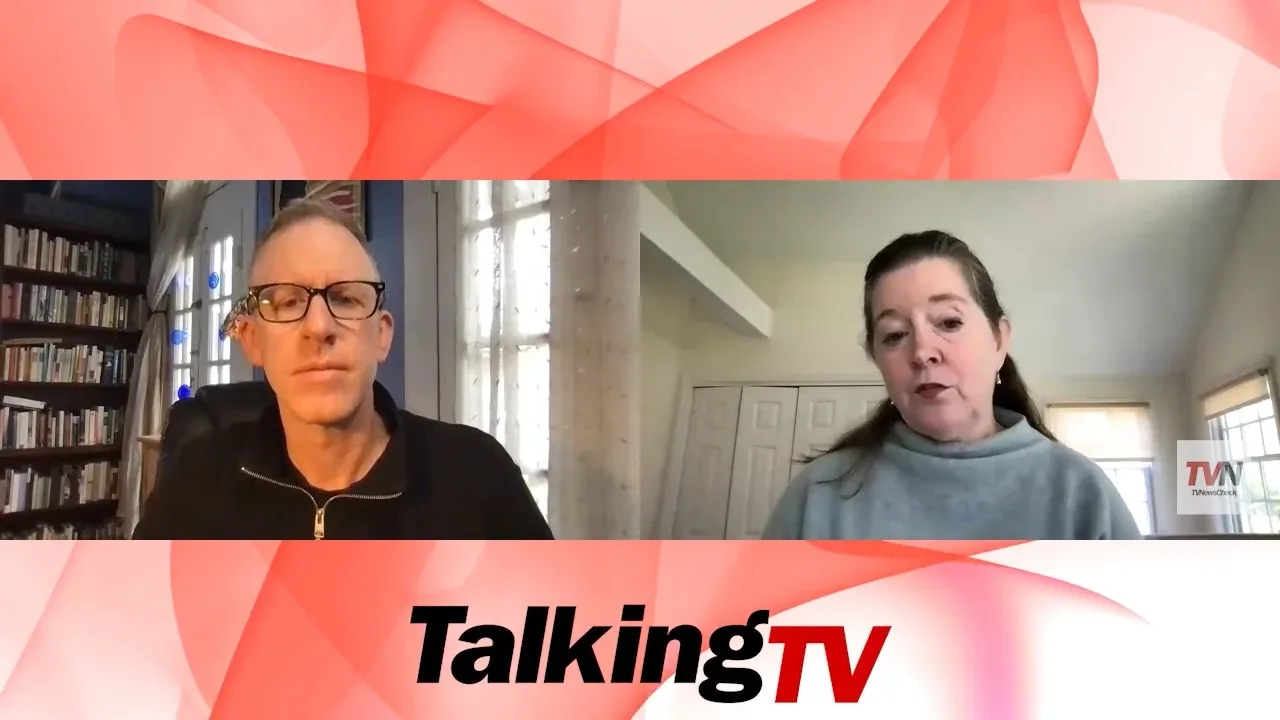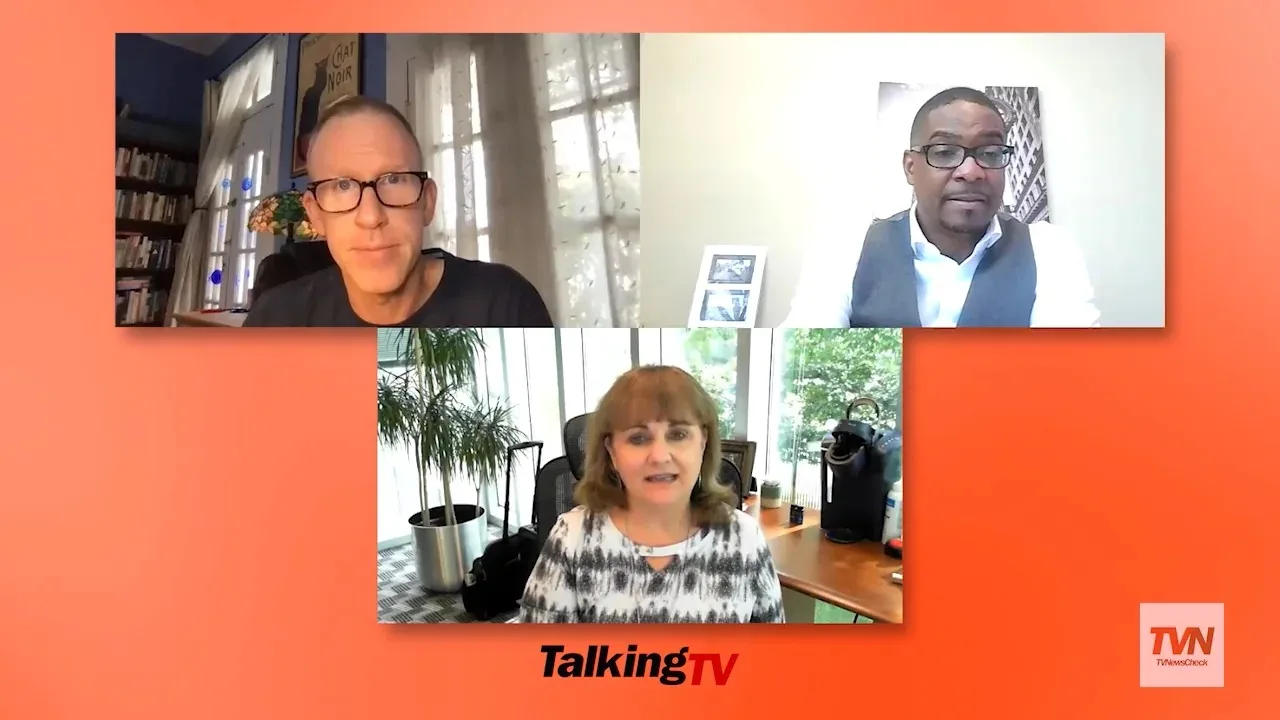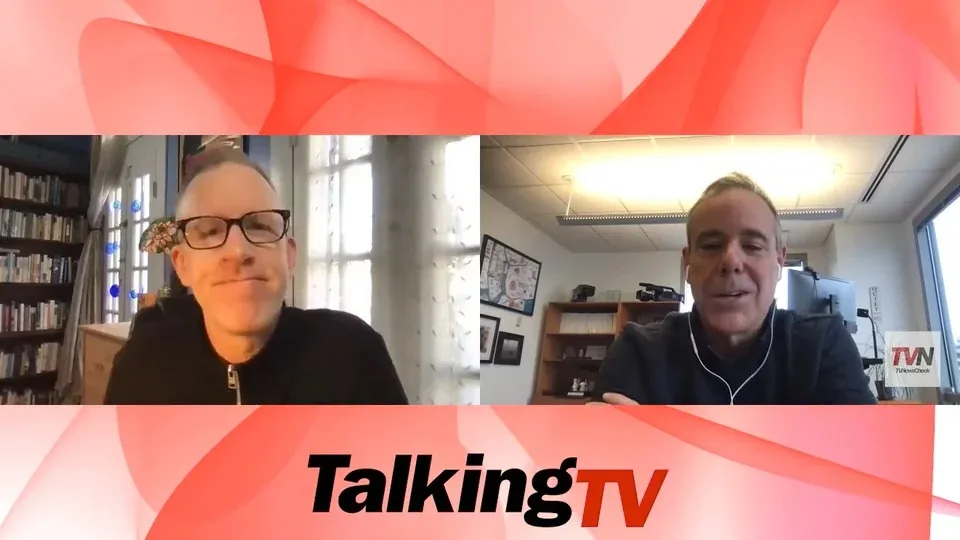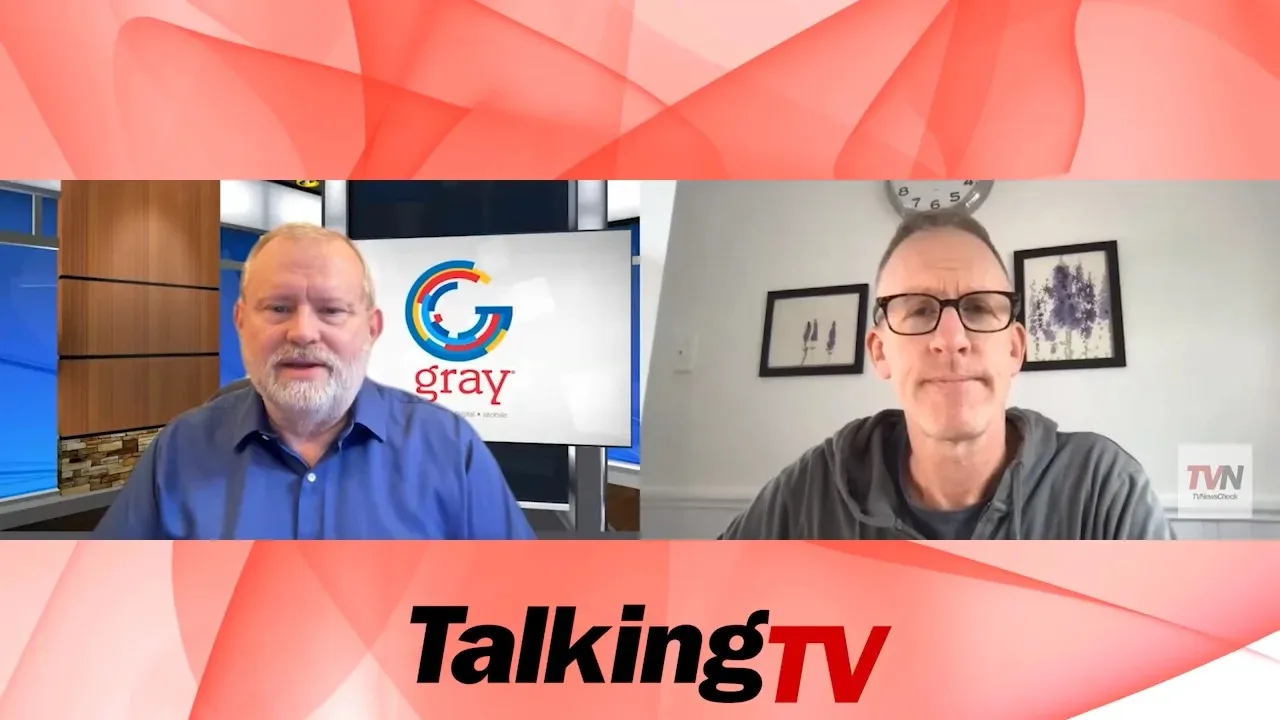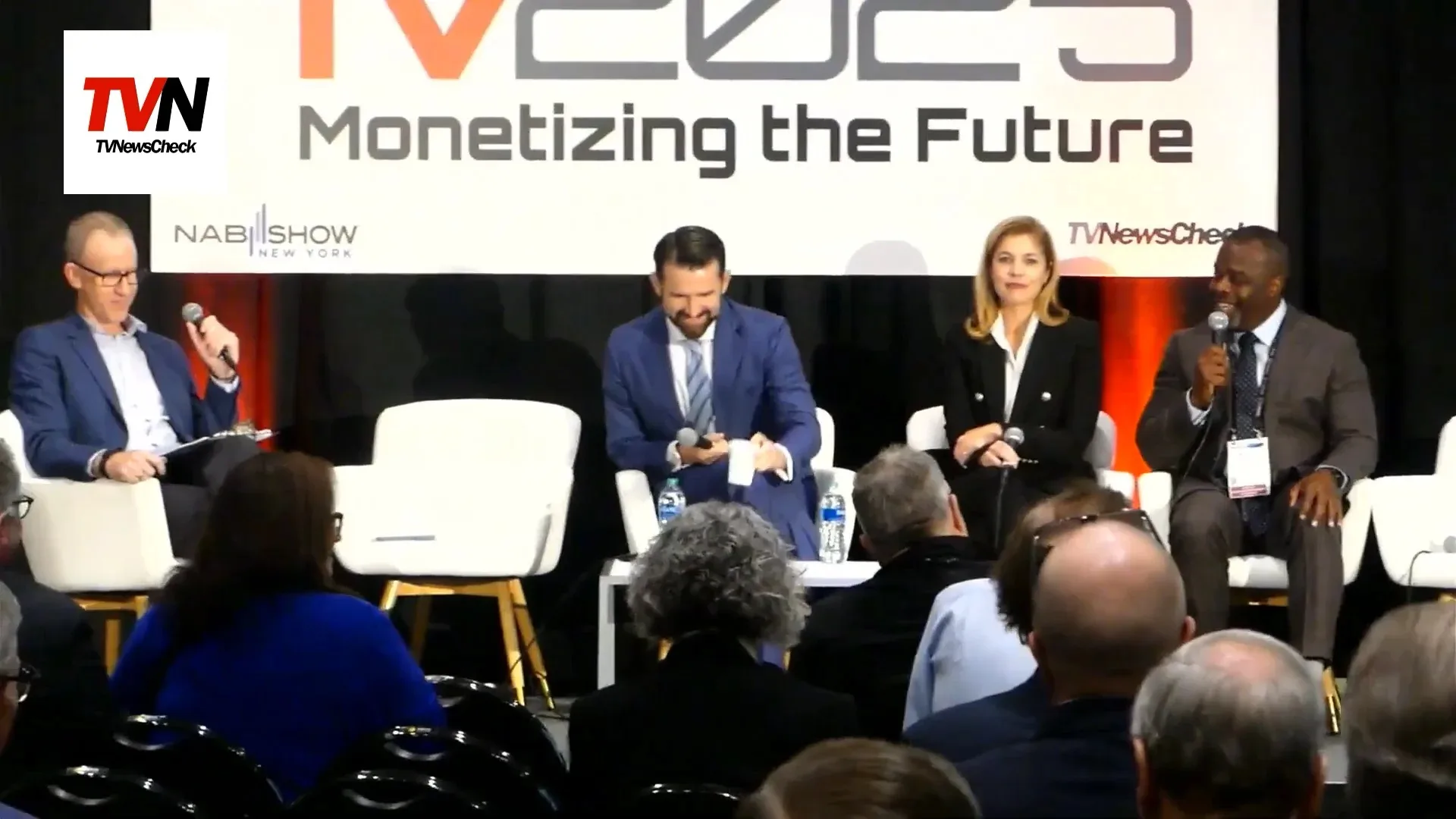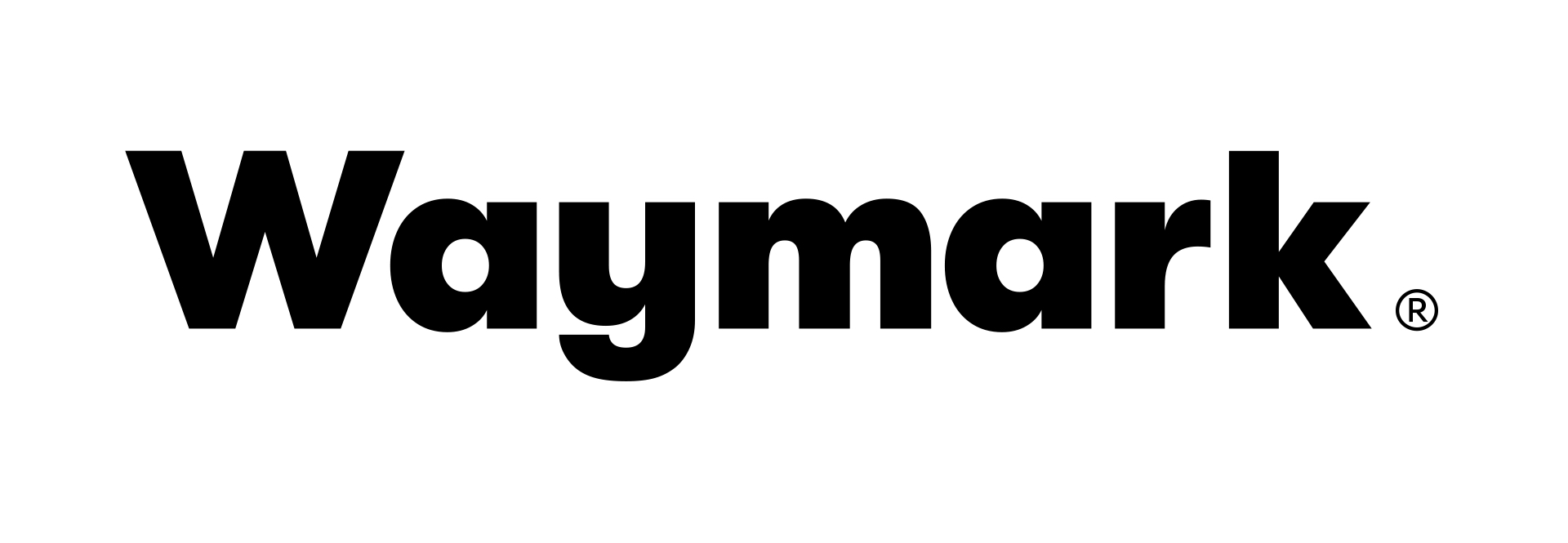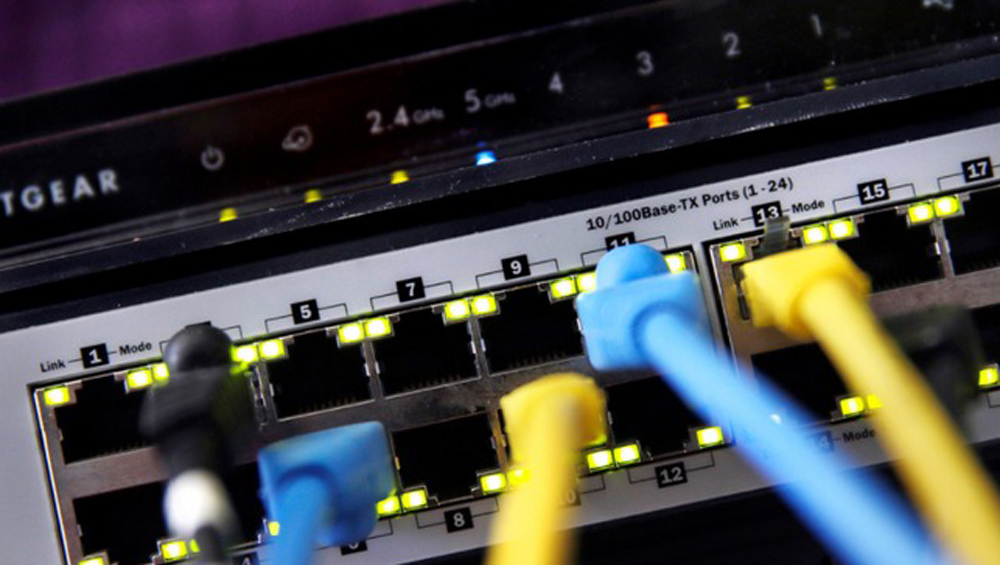
Cable lobbying group NCTA–The Internet & Television Association is asking the FCC to reject a proposal made by Google Fiber, ALLO and Ting to increase the government’s definition of “broadband’ to a symmetrical 100 megabits-per-second speed.
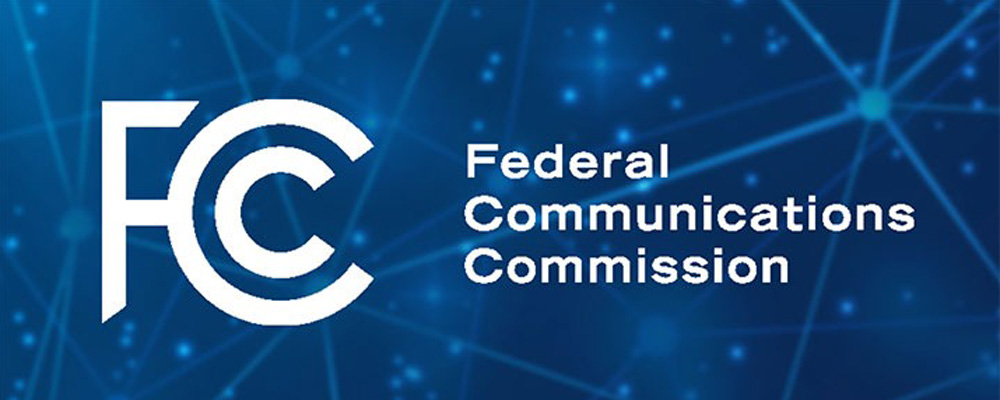
After weeks of intense lobbying, the Federal Communications Commission has reportedly adopted new media ownership rules, and it appears TV station owners have been dealt a setback. The news came in a post on the X microblogging site by a reporter for Communications Daily, an industry newsletter that follows FCC activity closely. “The FCC has approved the 2018 Quad Review order 3-2. I’m told the order still extends top 4 prohibition to LPTV and multicast streams, only change is language highlighting the waiver process,” Monty Tayloe wrote on Friday.
The FCC says it needs better data on instances where TV stations go dark on cable and satellite TV systems. A key question: Who needs to provide the blackout data — the pay TV companies or the TV stations? In a document posted Thursday on its website, the FCC said it would put the burden on cable and satellite TV, not TV stations, saying it was the most practical option.
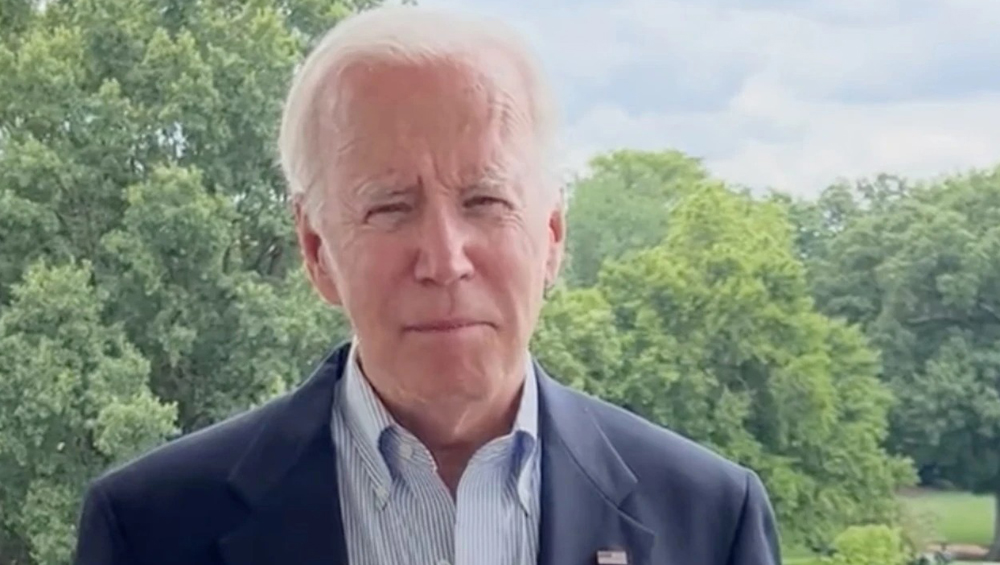
John Schneider may now be insisting he never threatened the life of President Joe Biden, but the Secret Service beg to differ. The federal agency charged with protecting POTUS, the Vice President and their immediate families, as well as major political candidates and high level government officials, on Thursday opened a probe into statements the former Dukes of Hazzard star made online against the President and his son Hunter Biden.

Ahead of next Wednesday’s fast-approaching deadline, broadcasting and pay TV industry representatives are using the limited time left to pitch the FCC on their preferred substance of potentially new media ownership rules. Broadcasters are urging the FCC to loosen some current rules and allow for more TV station ownership consolidation at the local level. Meanwhile, cable and satellite TV companies think current rules have loopholes that need to be closed to reduce the number of signal blackouts and moderate their payments to stations for carriage.

CBS parent Paramount Global is reportedly in merger talks with Warner Bros. Discovery – in yet another sign that legacy media institutions continue their search for sufficient scale to compete with Netflix, Apple, and Amazon in the streaming video space. If CBS is in play, that could draw others into a bidding contest, including Comcast, according to a CNBC report. If Comcast came away the winner, the Philadelphia-based media conglomerate would own the NBC and CBS networks. However, FCC rules do not permit the common ownership of two Big Four broadcast networks without a wavier — a restriction that dates to 1946.

Attorney General Letitia James’ office said an investigation into complaints from customers found that SiriusXM forced subscribers to wait in an automated system before often lengthy interactions with agents who were trained in ways to avoid accepting a request to cancel service. “Having to endure a lengthy and frustrating process to cancel a subscription is a stressful burden no one looks forward to, and when companies make it hard to cancel subscriptions, it’s illegal,” the attorney general said in a statement.

The FTC proposed sweeping privacy changes on Wednesday that could curb how social media, game and learning apps use and monetize youngsters’ data.
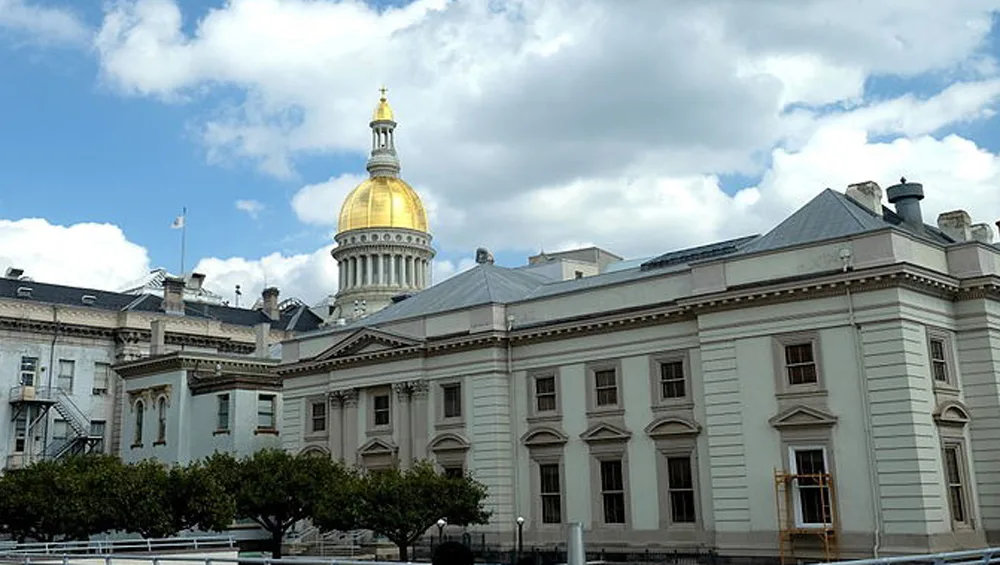
New Jersey lawmakers are considering a bill that would prohibit social media companies from allowing minors under 18 to have social media accounts without parental permission. The measure, which advanced Monday in New Jersey’s Assembly Health Committee, also would require social platforms to verify all users’ ages. Lawmakers in Utah and Arkansas recently passed similar laws, but those measures are currently facing court challenges.
PARIS (AP) — A top French television presenter has been handed a preliminary charge of rape by a person abusing his authority as authorities investigate complaints by about 20 women […]

The good news for broadcasters is that while 2024 will be a major year for political advertising (and the extensive Political File paperwork that comes with it; notice how everything positive in broadcasting comes with a regulatory cloud?), it is an off-year for regulatory deadlines. 2024 marks a brief respite between FCC license renewal cycles, the off-year for biennial ownership reports, and television broadcasters completed their three-year must-carry elections in 2023.
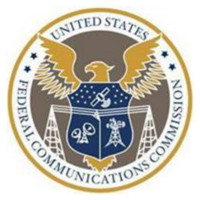
It’s not just TV stations that want deregulation from the FCC. So do radio stations. Facing stiff competition from Amazon, Facebook, and Google for ad dollars, radio broadcasters Connoisseur Media and Mid-West Family Broadcasting are saying the FCC needs “to relax the current local radio ownership rules particularly for companies like theirs, that already provide significant local service, and would increase such service if allowed to own more stations in their markets.”
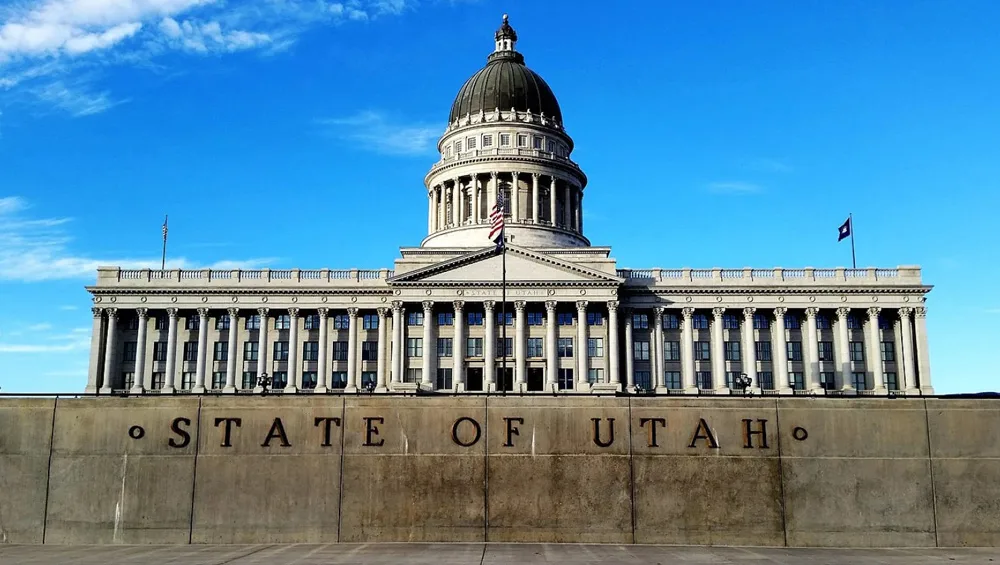
The tech industry organization NetChoice on Monday sued to block a Utah law that requires social media companies to verify users’ ages, prohibits those companies from allowing minors under 18 to have accounts without parental permission, and bans the companies from serving ads to minors. (Henry Wang/Pixabay)

A Manhattan jury found Majors, 34, guilty of one misdemeanor assault charge and one harassment violation stemming from his March confrontation with then-girlfriend Grace Jabbari. She said he attacked her in a car and left her in “excruciating” pain; his lawyers said Jabbari was the aggressor. Marvel and Disney immediately dropped the Creed III star from all upcoming projects following the conviction, said a person close to the studio. (Seth Wenig/AP)

In April author Demetrious Polychron published a book called The Fellowship of the King that he claimed was a sequel to The Lord of the Rings. He planned for the book to be the first in a seven-part series. The author then filed suit against both Amazon and the Tolkien estate, claiming the streaming series The Lord of the Rings: The Rings of Power had borrowed from his sequel and infringed his copyright. It can now be reported for the first time that a California judge summarily dismissed Polychron’s lawsuit with prejudice in August.

The inquiry is perhaps the most substantial regulatory consequence to date of X, which has seen a rise in incendiary content on the platform, according to researchers.
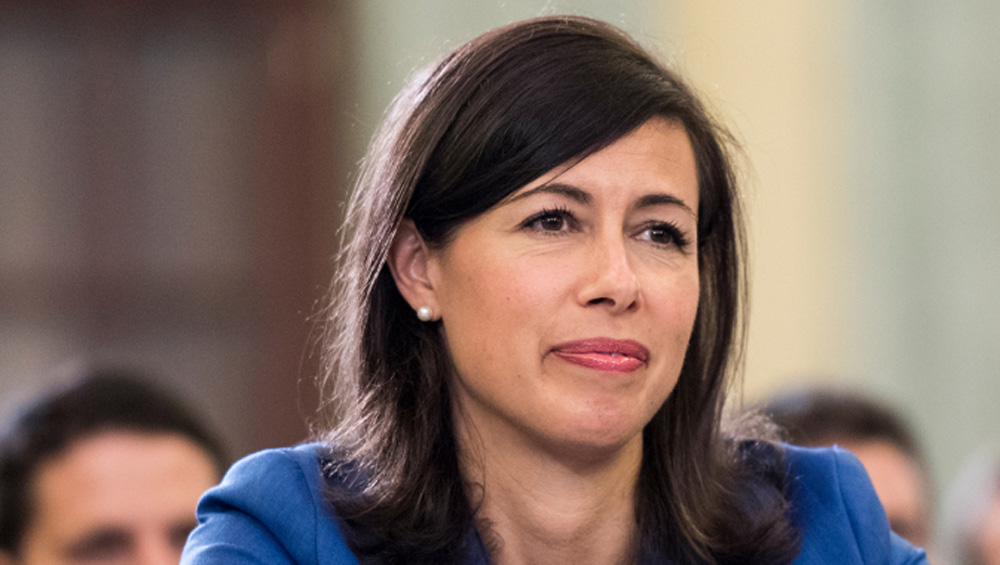
Senior Capitol Hill Republicans that oversee the communications sector say they want FCC Chair Jessica Rosenworcel to correct “deeply misleading” testimony about the Affordable Connectivity Program, a $14 billion broadband subsidy program.

For broadband internet service providers (ISPs), the current FCC is a lost cause, a total waste of time. In the end, they are counting on the courts for vindication, and they are probably making a smart bet. Even though the FCC acts as if nothing has changed, in fact a lot has changed in the legal arena. Last year, the Supreme Court issued a bombshell decision in West Virginia v. EPA that will make it arduous for an agency like the FCC to adopt consequential rules absent explicit authorization from Congress.

On Monday, broadcasters made three separate presentations to FCC Commissioner Anna Gomez’s policy aides on the need to protect the regulatory status quo at a minimum regarding TV station ownership. The National Association of Broadcasters went a step further in calling for relaxation of a rule that limits combinations among the most popular stations in a local market.
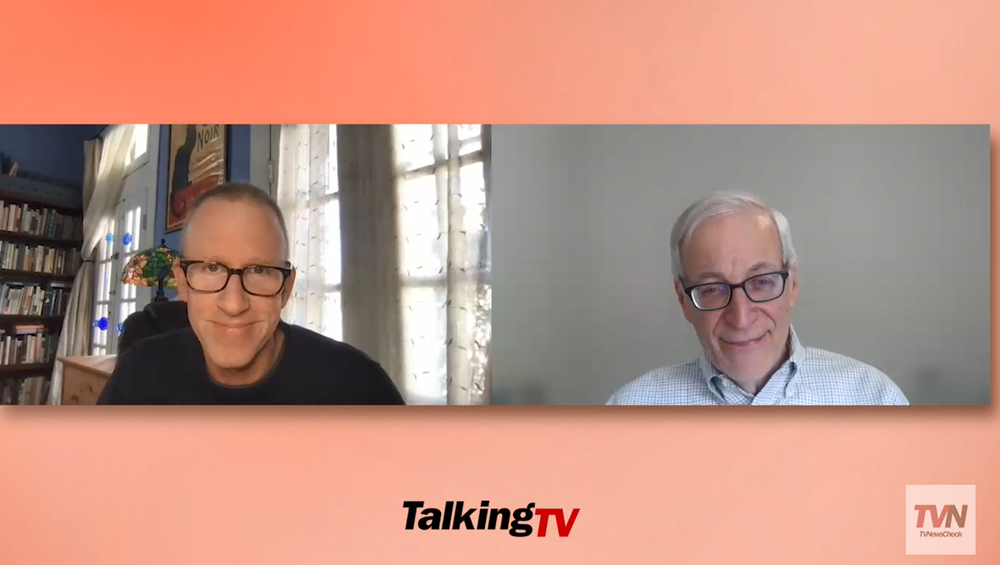
TVNewsCheck Editor at Large Harry Jessell and Editor Michael Depp look back over an eventful year in broadcast business news and ahead to the steepest challenges it will confront in 2024. A full transcript of the conversation is included. [Ed. note: Jessell erroneously noted Nexstar stock took a 32% hit, when it actually lost 32 points. Since this episode was recorded, its stock rebounded to 155 yesterday.]
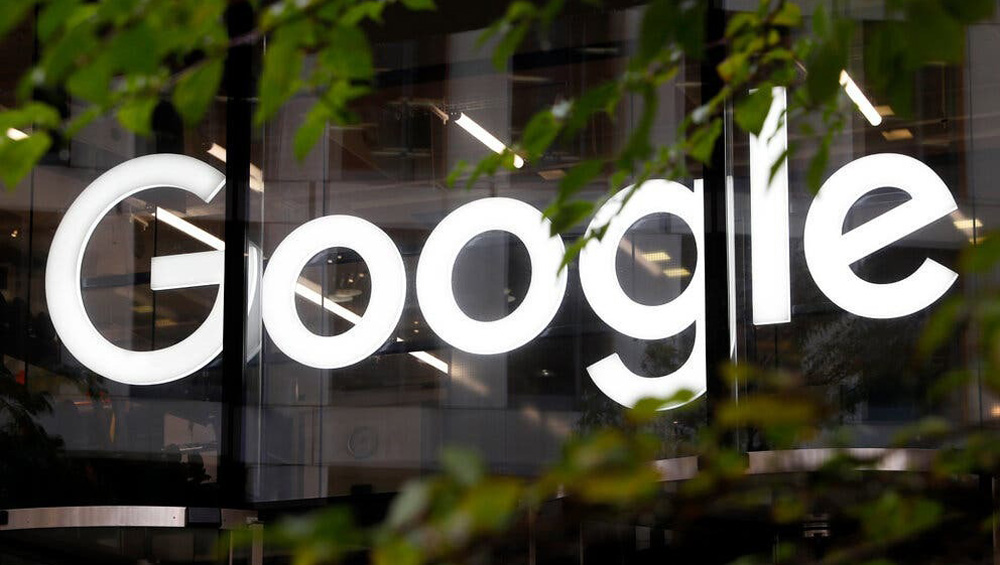
The case could reshape the rules of how other businesses can make money on the Android operating system.

The agency can finish handing out broadband service licenses to winning bidders for 2.5 GHz 5G spectrum it auctioned last year.
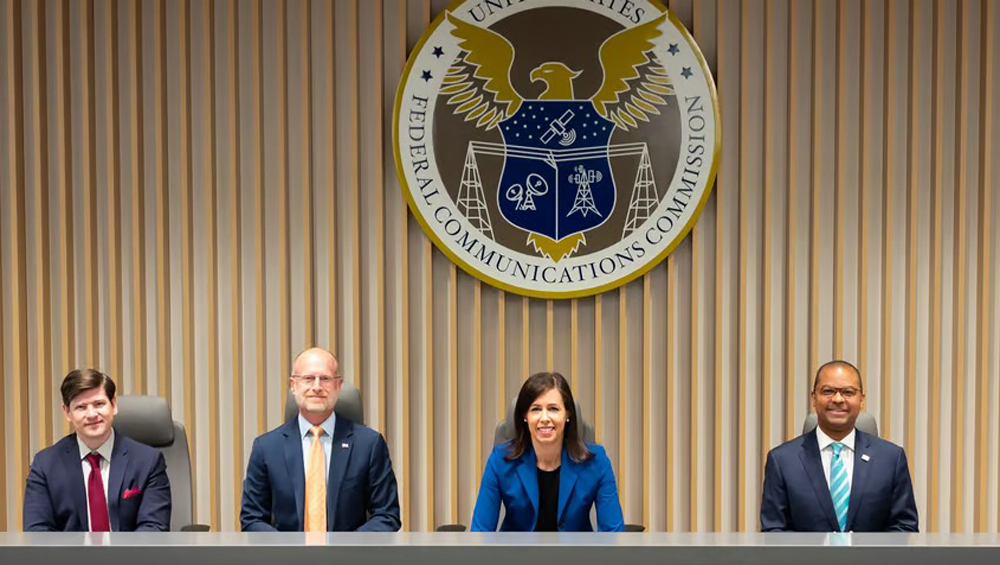
TV station owners have their fingers crossed as they await a big regulatory decision out of the FCC. Agency action is expected within days based on a court order requiring an FCC decision by Dec. 27. Before the agency is a proposal to tighten a key TV station ownership regulation. A negative outcome for broadcasters could upend established business practices that support their market value. Even if the FCC exempts existing TV station deals otherwise disallowed under the new rules, many broadcasters fear that even an accommodation like that could hurt their ability to exit the business at a healthy price.

On Monday, a federal judge advanced a lawsuit from investors who say they suffered losses when they sold their shares in Twitter, now known as X, because of posts from Musk claiming the platform has a major issue with fake accounts and that he could wiggle out of the deal because of it. U.S. District Judge Charles Breyer found that several of Musk’s statements were false or misleading, in part, because he waived due diligence.

An FCC proposal would expand requirements for telecom providers to disclose hacks into their customers’ data. But telecom providers generally aren’t supportive of the agency’s look at the topic.

Amazon is asking a federal judge to throw out Federal Trade Commission charges that the company illegally hindered competition in the “online superstore” market, to the detriment of third-party sellers that use the platform as well as consumers. In a motion filed with U.S. District Court Judge John Chun in Seattle, Amazon argues that FTC’s allegations concern “common retail practices that presumptively benefit consumers.”



